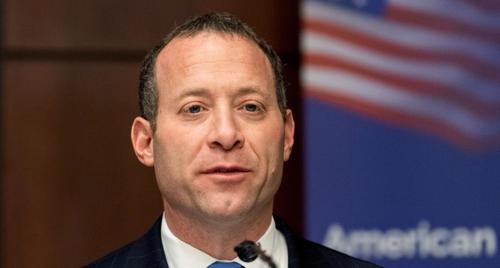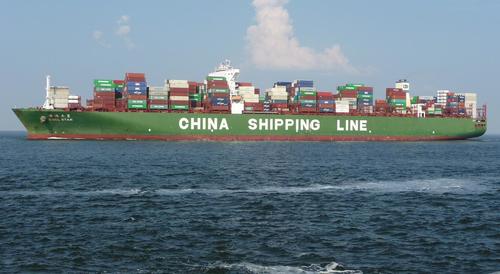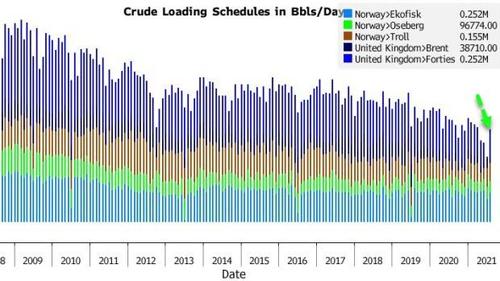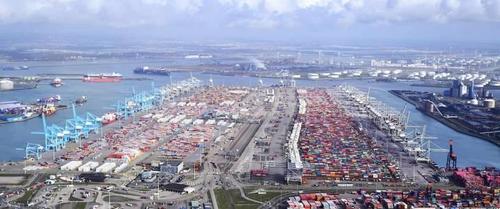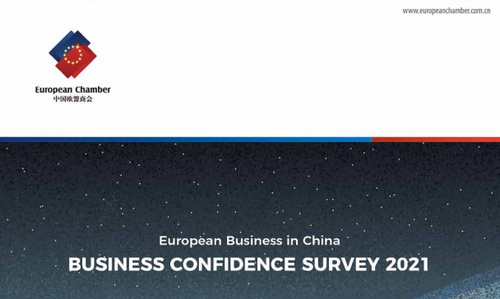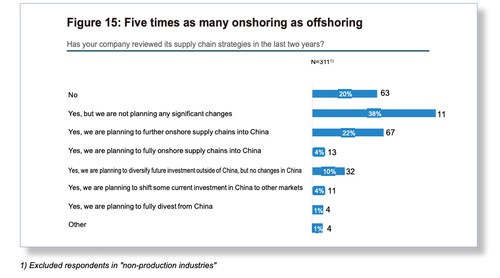
If, like me, you went to purchase lumber within the past few months for your garden, shelves, or other home projects, you found yourself paying through the nose for materials—or else putting off the work in hopes of lower prices in the future. It’s even worse if you’re a awaiting a new home, since expensive lumber is adding tens of thousands of dollars to the price of building the average house. You can blame pandemic-era lockdowns, tariffs, and other government interventions in the market for much of the pain—and officialdom proposes to make things worse.
“Soaring lumber prices that have tripled over the past 12 months have caused the price of an average new single-family home to increase by $35,872,” the National Association of Homebuilders warned in April. “This lumber price hike has also added nearly $13,000 to the market value of an average new multifamily home, which translates into households paying $119 a month more to rent a new apartment.”
Prices have recently come down a hair, but lumber is still at over $1,400 per thousand board feet, compared to a bit over $400 per thousand board feet a year ago. The problem has multiple causes, finds an analysis in ConstructionDive, a trade publication, including public health mandates that shuttered or restricted many sawmills even as people confined at home turned to DIY projects that required materials. More demand for reduced supply inevitably spikes prices.
Even before the pandemic, though, 30 large mills permanently closed their doors because of the Great Recession, according to the U.S. Forest Service. That mess resulted from foolish regulatory interventions in the financial markets, with a particularly large impact on the housing industry.
“[W]e identify a potent mix of six major government policies that together rewarded short-sighted collective risk-taking and penalized long-term business leadership,” wrote the University of Michigan’s Mark J. Perry and commercial real estate banker Robert Dell in 2010. “[T]he banking crisis should be understood more fundamentally as a government failure than as a market or business failure.”
Rising lumber prices would seem to be a good incentive to restart those mills, but it’s not that easy. “[T]here isn’t enough labor to work the sawmills that are open at full capacity,” notes ConstructionDive, with expanded unemployment benefits shouldering much of the blame. “A truck driver shortage, plus higher diesel fuel prices, also mean that it’s less profitable for timber owners to ship logs to sawmills.”
That leaves domestic production of lumber lagging behind demand, with prices rising as an inevitable result.
So, what about imported lumber? The United States, after all, isn’t the only country to grow and harvest trees. But idiotic government trade restrictions stand in the way of alleviating high lumber prices in the U.S. with products brought in from elsewhere.
“Amid surging lumber prices that are already adding an average of $36,000 to the construction cost of new homes, the Biden administration is moving forward with plans to double tariffs on lumber imported from Canada,” Reason‘s Eric Boehm reported last week.
While former President Donald Trump is often rightly criticized for his protectionist policies, and did, in fact, impose a 20 percent tariff on Canadian softwood lumber in 2017, his administration slashed that duty to 9 percent last year as lumber prices soared. The Biden administration, on the other hand, proposes to hike tariffs once again, to over 18 percent for many firms, based on the premise that Canadian producers “made sales of subject merchandise at less than normal value” (we should be so lucky).
“It is a particularly egregious move, seeing as how lumber prices are still near multi-decade highs (still, despite a recent dip, up over 300% from one year ago) and US timber firms remain unable to sate demand,” points out Peter C. Earle of the American Institute for Economic Research. “The increased costs will ultimately fall upon American citizens in the form of higher prices and decreased availability of goods and services.”
That is, in the midst of soaring prices and short supply of lumber in the United States, the federal government is doing everything in its power to choke off other sources of the stuff that might fulfill demand and help to bring down costs.
In fact, it’s easy to see the U.S. government’s mistreatment of the market for lumber—not just the industry itself, because the impact falls heavily on consumers far removed from timber growers and sawmills—as a horrifying example of officialdom’s overall economic incompetence. Through poor financial policy, the government reduced the number of domestic suppliers. With tariffs, it raised the price of imported lumber for American consumers, further restricting their options. Then governments imposed pandemic measures that hobbled many sectors of the economy, sawmills included. The federal government also offered expanded unemployment benefits, incentivizing people to not take jobs, making it difficult to expand production and virtually impossible to bring mothballed sawmills back online. And now the Biden administration wants to further hike tariffs that will make imported products more expensive.
If you deliberately set out to hurt Americans through this one sector of the economy, you couldn’t be more effective. But this is government we’re talking about here, which makes the premise of Hanlon’s razor (framed earlier and slightly differently by Robert A. Heinlein) more persuasive: “Never attribute to malice that which is adequately explained by stupidity.” What government officials and their ill-considered policies have done to the lumber industry is mind-bogglingly stupid.
Unfortunately, the results of government mistreatment of the lumber market go beyond stupidity to impose massive expense, as any home handyman or building contractor will attest. Lumber prices will eventually come down (maybe sometime in 2022 as supply rises to meet demand) but not until much of the public is paying a high cost for the results of policy mistakes. When government officials fumble around with things they don’t understand while pretending they’re making improvements, they leave the rest of us picking up the tab for the breakage—especially when they break the economy.
from Latest – Reason.com https://ift.tt/3x9KiWY
via IFTTT
